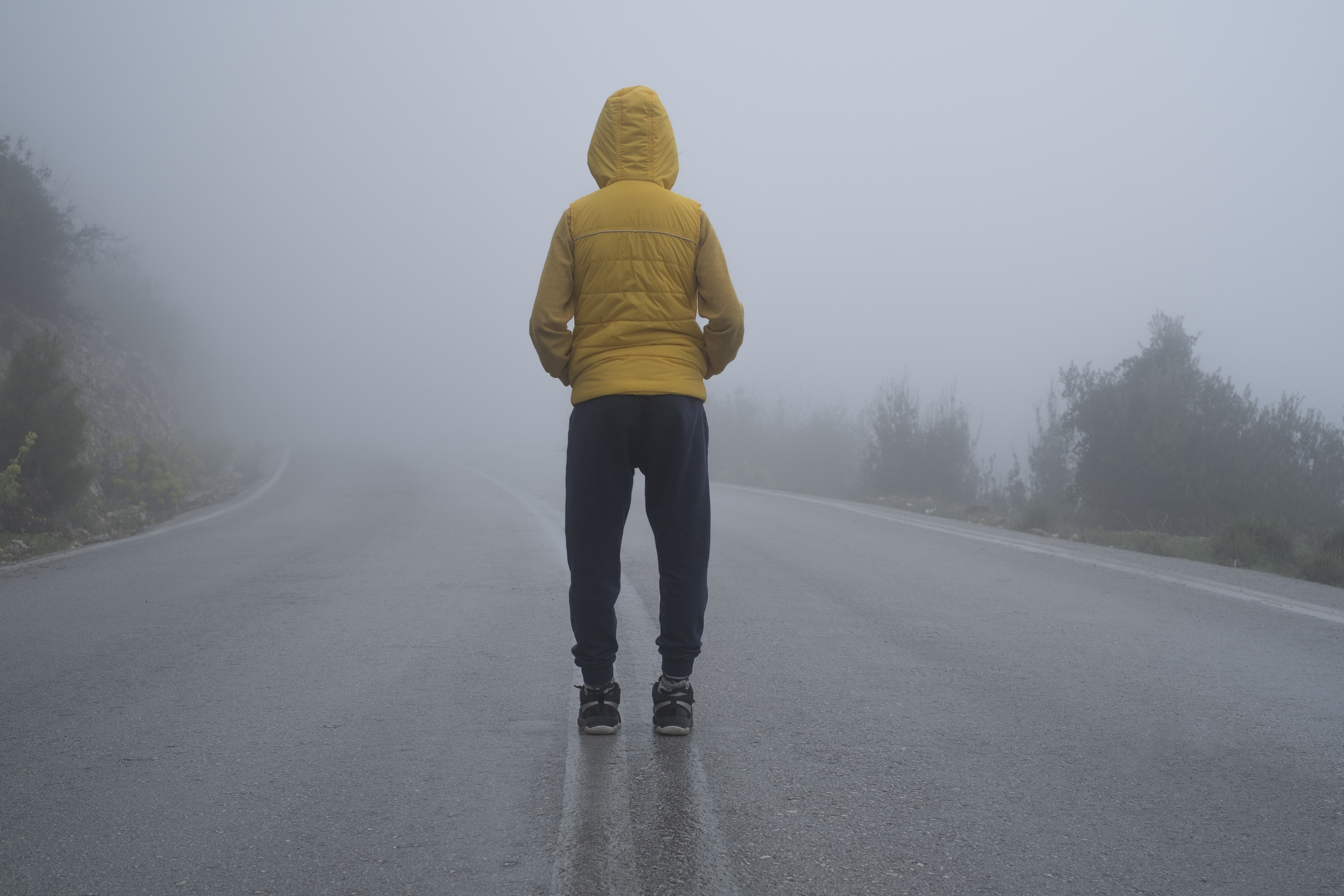
Episode Transcript
The inversion affects kids a little bit differently than it does adults. Especially kids with breathing problems like asthma. But first, what is this inversion? What is all this yucky stuff that's floating around the air now?
What is an Inversion?
An inversion is when the right temperature, the right breezes, and the right weather conditions all come together and they cause the cold air to get trapped.
During an inversion, the cold air and the warm air are switched. And the layer of warm air traps the cold air and the pollution down in the valley. It acts like a lid on a pot. An inversion will stay until a storm comes through and blows all of that gunk away. A typical inversion period can be anywhere from a few days to a week. And the longer the inversion the more pollution is in the air. The more problems your child is going to have.
Color-Coded Air Quality Index
So when they talk about inversions they usually talk about what color the air is. Not color in terms of what color are you seeing outside, but is it a green air day? A yellow air day? Or a red air day? What exactly does that mean?
Green Air Days: Optimal Air Quality
So a green air day, that's what we all would love. A green air day is when the air quality is good. Nobody should have any problems breathing.
Yellow Air Days: Caution and Air Quality Improvement Measures
A yellow air day is when we're close to where we need to really be worried. We need to start working on getting the air quality better with things like keeping our trips all in one run. And making sure that we're carpooling. Or taking public transportation. We really need to be aware of what kind of activities we're doing to contribute to the pollution.
Red Air Days: Elevated Risks, Especially for Children
On red air days, those are the days that we really worry about the kids. Because the kids are going to be the ones that are most at risk.
Health Risks for Children During Inversions
So kids are more at risk because a lot of them they're in school and then they go out to recess. And they're running around and playing. So the more active you are when you're outside the more times you're breathing per minute the more bad air particles get into your lungs. So if you're wondering how this inversion affects your child think about it this way. It's like your child is smoking cigarettes.
School Guidelines and Air Quality
So getting back to your child out at recess and those colors of the air quality. The schools all have—from the Utah Department of Health and The Utah Asthma Program—recess guidelines for school when kids should stay indoors for recess based on the air quality. When the air quality is in the yellow zone sensitive kids need to remain indoors for recess. Those are the kids with asthma, cystic fibrosis, heart disease anyone who's got a compromised immune system like anybody who's undergoing cancer treatment. Anything like that. When the air quality gets into the red zone the usual guidelines are that all students should remain indoors for recess. These are guidelines. They're not a law and it's not a mandate that the school has to do that.
Seeking Professional Advice for Children in Sensitive Air Groups
So if you think that your child is in one of these sensitive air groups and you really are concerned that they're going outside for recess, talk to your pediatrician. They can easily write a letter that says your child is in that sensitive air group and if the air quality is above a certain level then the school should make accommodations to keep your child inside. So depending on where you live you can actually find out from your school when the air quality is worse. Find out if your child is able to go out for any recess. If your child wants to go out for recess and the air quality isn't that bad at that time of day. It does build during the day so if your child has an early recess and the air quality's not that bad during that first recess you can consider letting them go outside for that recess but then staying in for the others.
So when you see that the air quality is getting to yellow and red take it very seriously. This is something that can affect your child for the rest of their life. Do what's best for them. Keep them inside on those bad air quality days and when it's green get outside as much as possible.
updated: December 4, 2023
originally published: January 23, 2014